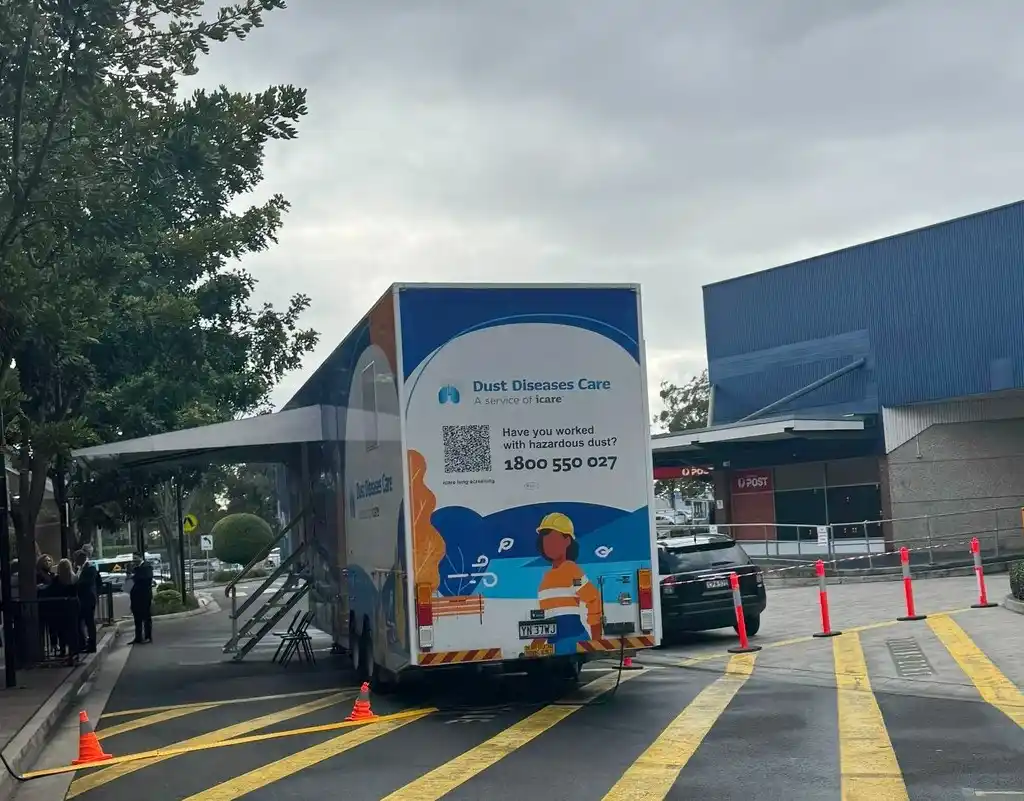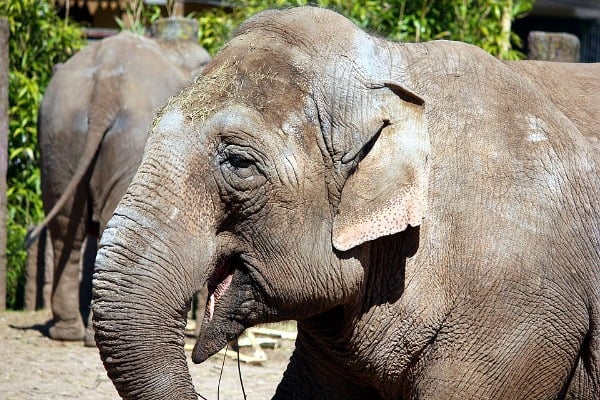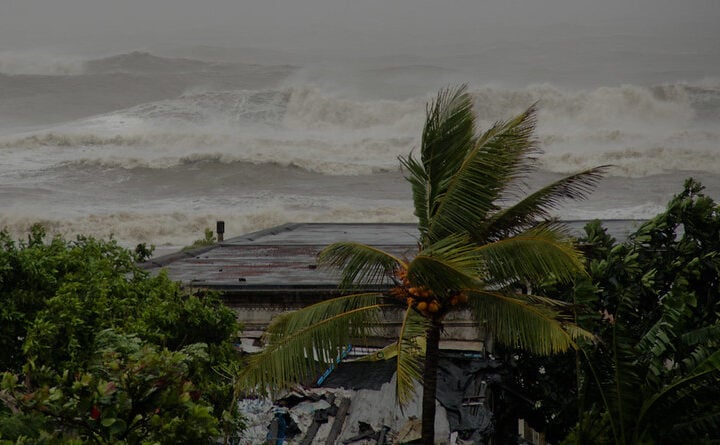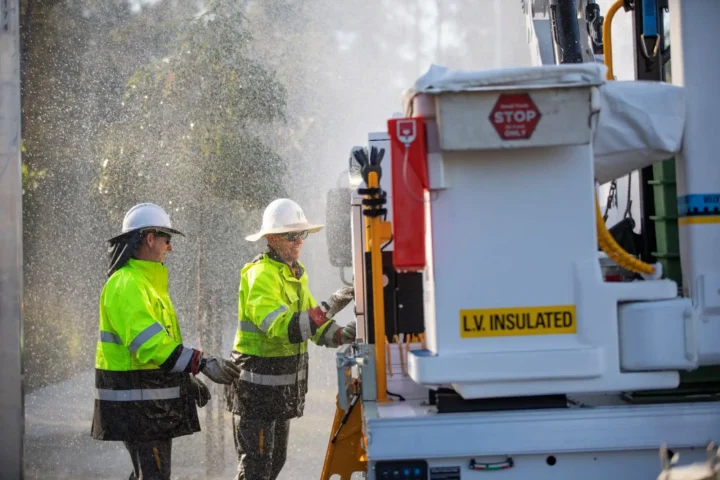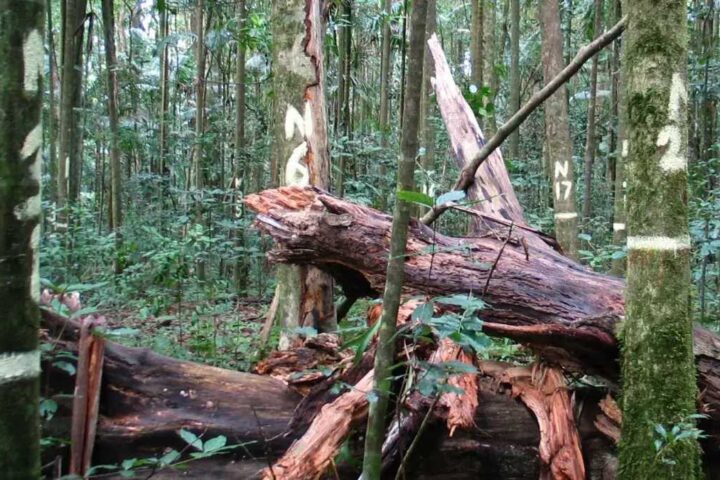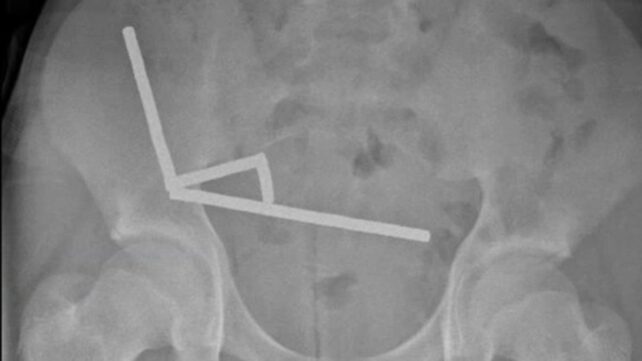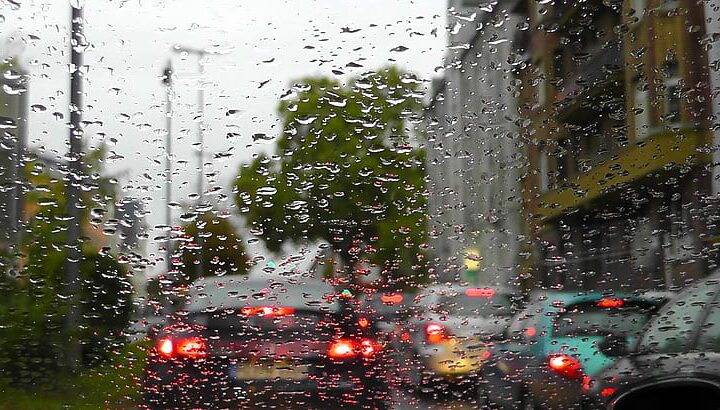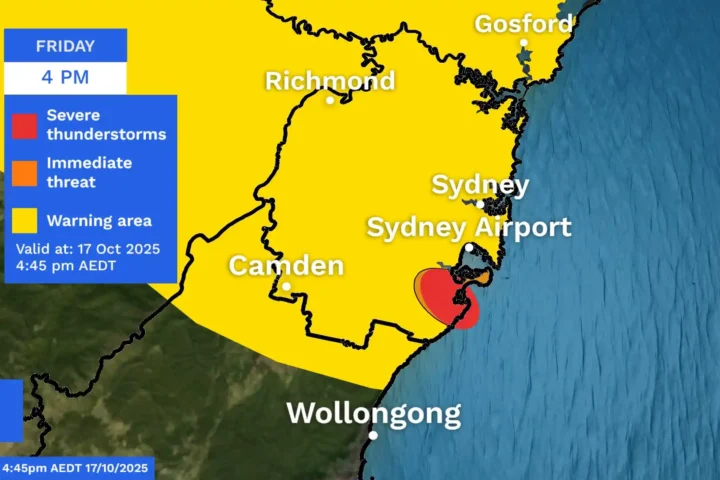The cutting-edge $2.5 million mobile health facility—known locally as the “Lung Bus”—is currently traveling throughout New South Wales, delivering essential health screenings to thousands of workers exposed to hazardous dust conditions. This state-of-the-art facility represents a significant investment by the Minns Labor Government in protecting workers from conditions like silicosis, asbestosis, and mesothelioma.
Early detection can mean the difference between life and death with these diseases, a reality that former quarry manager Michael Rixon understands all too well. After 34 years in the industry, he’s concerned about what he might have breathed in.
“If you’re waiting until you’re 65 to find out you’ve got crook lungs… there’s not going to be much quality of life,” Rixon says, noting his grandfather, a former coal miner, died with severe bronchial issues linked to mine dust exposure.
A Legacy of Protection
The new Lung Bus builds on an impressive track record. Its predecessor served NSW communities for nearly 16 years, traveled more than 700,000 kilometers—equivalent to circling the globe 17 times—and screened over 53,000 people across 300 destinations.
The upgraded vehicle aims to provide free lung screening checks to more than 5,000 workers annually throughout regional NSW. It features cutting-edge equipment including digital chest X-ray technology, enhanced spirometry testing, digital monitoring systems, and a backup power supply for remote operations.
Workers receive completely confidential health reports at home. “It’s important we pick up any symptoms at an early stage when they might be able to do something about it,” explains Linda Apin, a radiographer with icare, the NSW government insurance and care agency.
Similar Posts
Part of a Broader Strategy
The mobile health clinic serves as a critical element within the government’s comprehensive strategy against dust-related illnesses. Recent data shows the urgency of these efforts—630 new cases of silicosis, asbestosis, and mesothelioma were reported in NSW, with 286 deaths from these illnesses.
Other key measures include:
- A national ban on engineered stone that took effect in July 2024
- A new Expert Taskforce addressing silica-related health risks in tunneling projects
- Funding for dedicated silica safety inspectors
- $5 million for silicosis research and patient support programs
The silica compliance team has been active, conducting 140 inspections and issuing over 125 improvement notices and seven prohibition notices since September.
“The new Mobile Clinic underscores the Minns Labor Government’s commitment to removing barriers like cost and location, ensuring workers across NSW have access to the critical support and care they need to safeguard their health,” says Minister for Work Health and Safety Sophie Cotsis.
On the Road
The health screening vehicle has completed visits to Shellharbour, Wollongong, and Nowra, with its journey continuing to Orange, Dubbo, Broken Hill, Wagga Wagga, Griffith, Newcastle, Tamworth, and Gosford in the coming months.
Each lung health check typically takes 20-60 minutes and includes a chest X-ray, a spirometry test to measure lung function, and a doctor’s consultation. Follow-up CT scans may be recommended based on initial findings.
Minister for Regional NSW Tara Moriarty highlights the importance of this service: “Our regional communities remain front and centre when it comes to ensuring early detection and treatment of dust diseases.”
When the bus isn’t in a particular region, workers can still arrange free screenings at icare’s Sydney CBD clinic or with local providers by calling 1800 550 027.
Britt Coombe, icare Group Executive, puts it simply: “A lung health check could save your life. Early detection is critical to effective treatment, and we’re here to make sure every worker, no matter where they live, has access to world-class care.”
